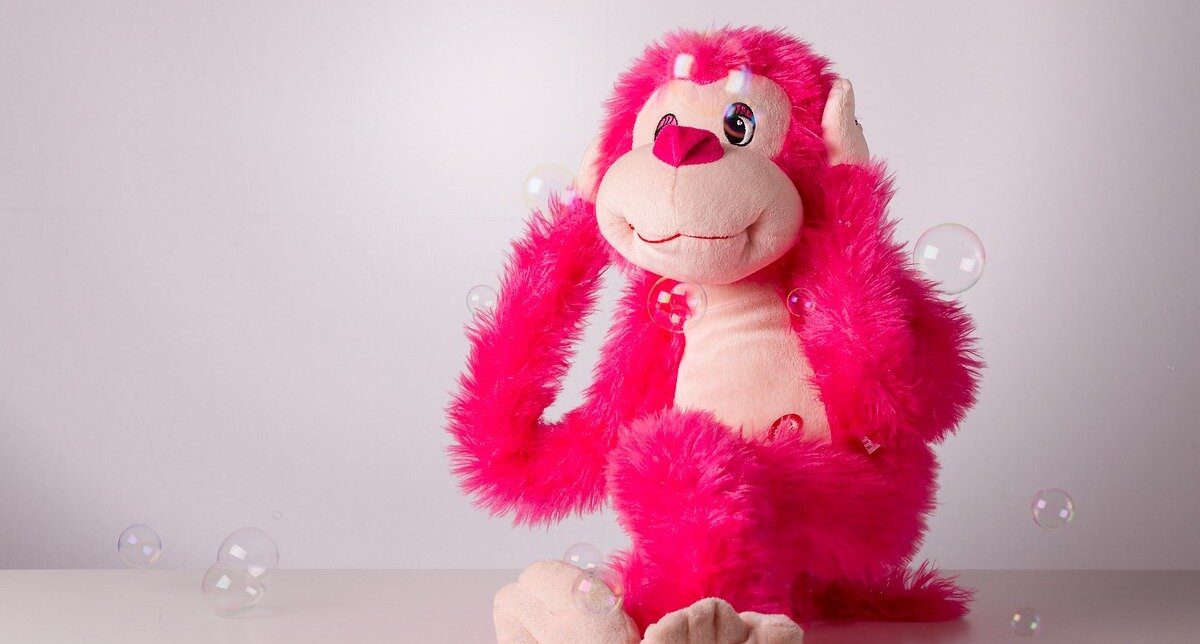In a 2014 discussion with “TED Radio Hour” host Guy Raz, psychologist and Harvard professor Dan Gilbert said: “Your emotions are a compass. They are telling you which direction to go in. When you feel bad, you turn left. You try to do something different in your life. When you feel good, you keep on marching in the direction that you are going. That’s what emotions are for.”
Many of us think of our emotions as interlopers to be sized up, argued with, or completely ignored. We stand outside the nightclub and decide which ones gets past the velvet rope, and which ones are left on the sidewalk in the cold.
Our emotions are like the baby bird in the children’s book Are You My Mother? After the baby bird is born, his mother leaves the nest to search for food. Not aware that she would be returning soon, the baby bird begins a quest to find her. He approaches a kitten, a hen, a dog, a cow, a boat, and a plane, and he asks, “Are you my mother?” but they each turn the baby bird away.
That’s how we treat our feelings: Nope. You don’t belong to me. Keep it moving.
And while the baby bird didn’t belong to the kitten, the hen, the dog, the cow, the boat, or the plane, our feelings DO belong to us. We’d be better off claiming them as our own than sending them away to find another mother.
Why? As Dan Gilbert said, our feelings are trying to give us important information about what we should do, yet we are mistrustful and dismissive of what they are trying to tell us.
Our relationship with our emotional experiences differs from our relationship with our physical experiences. When you feel cold, you don’t ask the person next to you if they are cold before you put your sweater on. If you need to use the bathroom, or you feel hunger pangs, you don’t validate those sensations with others. You listen to what your body is telling you.
If we were updating our relationship status with our feelings on Facebook, many of us would have to select, “It’s complicated,” and because of that, we tend to listen more to the people around us than to our own internal emotional responses. (Or as Dan Gilbert would say, our “compass.”) The result is we often choose incorrectly. We keep on marching forward when our emotions are telling us to turn left.
Even the most well-meaning members of our tribe are giving us advice that’s based on their goals, values, fears, and challenges and not on ours. As people like Nobel laureate Daniel Kahneman (Thinking Fast and Slow) and neuroscientist Lisa Feldman Barrett (How Emotions are Made: The Secret Life of the Brain) will tell you, rationality and objectivity are unicorns. They don’t exist in the human mind, so we have to stop expecting them from our colleagues, friends, and family members.
With this lens, I became curious about the important decisions I’ve made in my life. How many times did I tune into my own feelings to guide me versus outsourcing the job to others? I reviewed seven life events: Three where I relied on the counsel of others, and four where I listened to my own intuition.
None of the decisions based on others’ advice were right for me, and part of me knew it even in the moment. In one example, I was persuaded to take a job which required an out-of-state move. After accepting the position, I curled into the fetal position and sobbed. My emotions were staging a protest, but I ignored them and marched forward instead of turning left.
Conversely, every time I chose from my emotions—excitement, hopefulness, confidence—I nailed it. Taking a job in New York City, buying my apartment, getting my MSW and becoming a therapist, and leaving my full-time job to launch my coaching practice were decisions perfectly aligned with my goals, ambitions, and desires.
This is my story, but I’m curious about yours. How have you decided in the past, and how satisfied are you with the outcomes? More importantly, what are your emotions trying to tell you now? What decision would you make if you listened?




